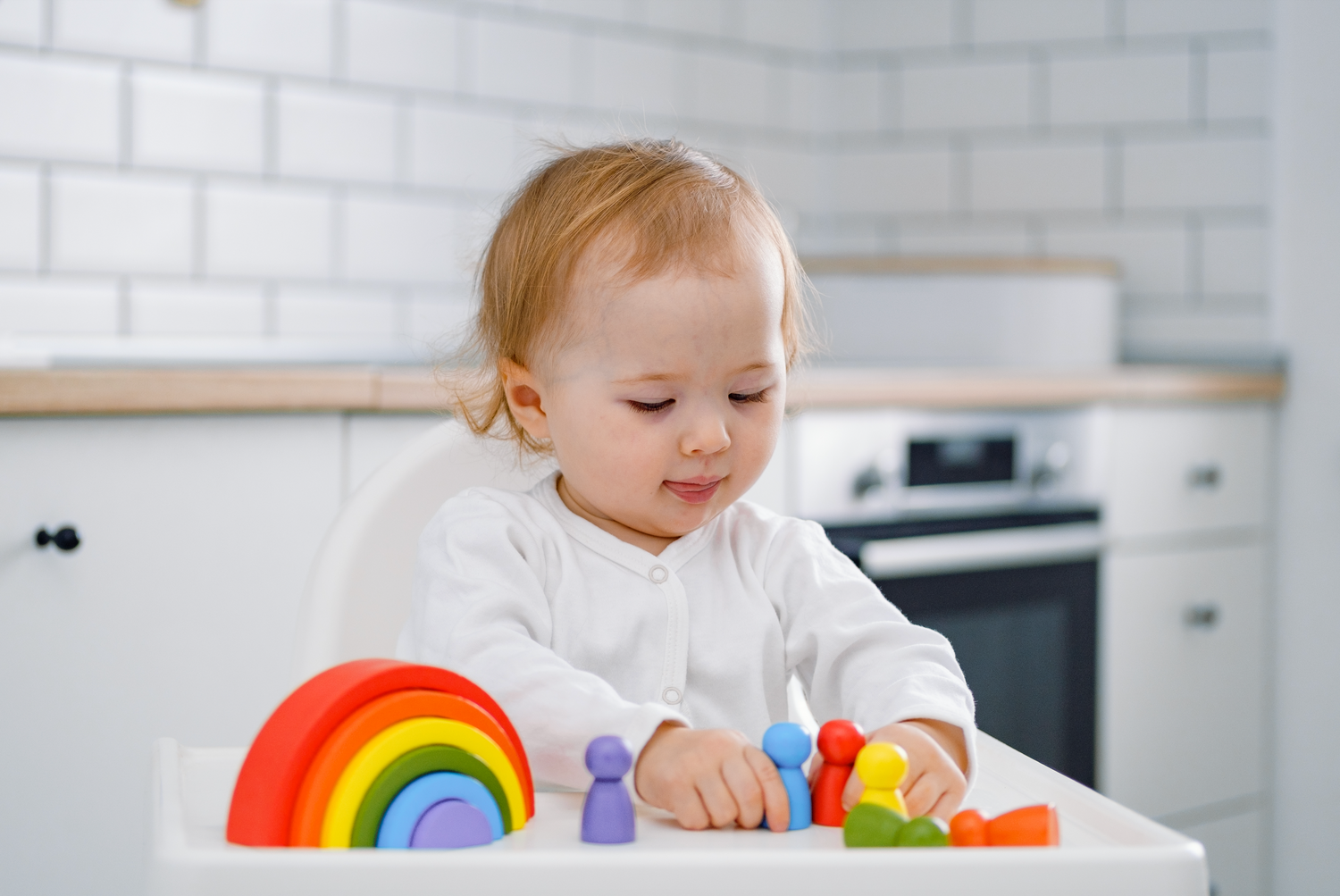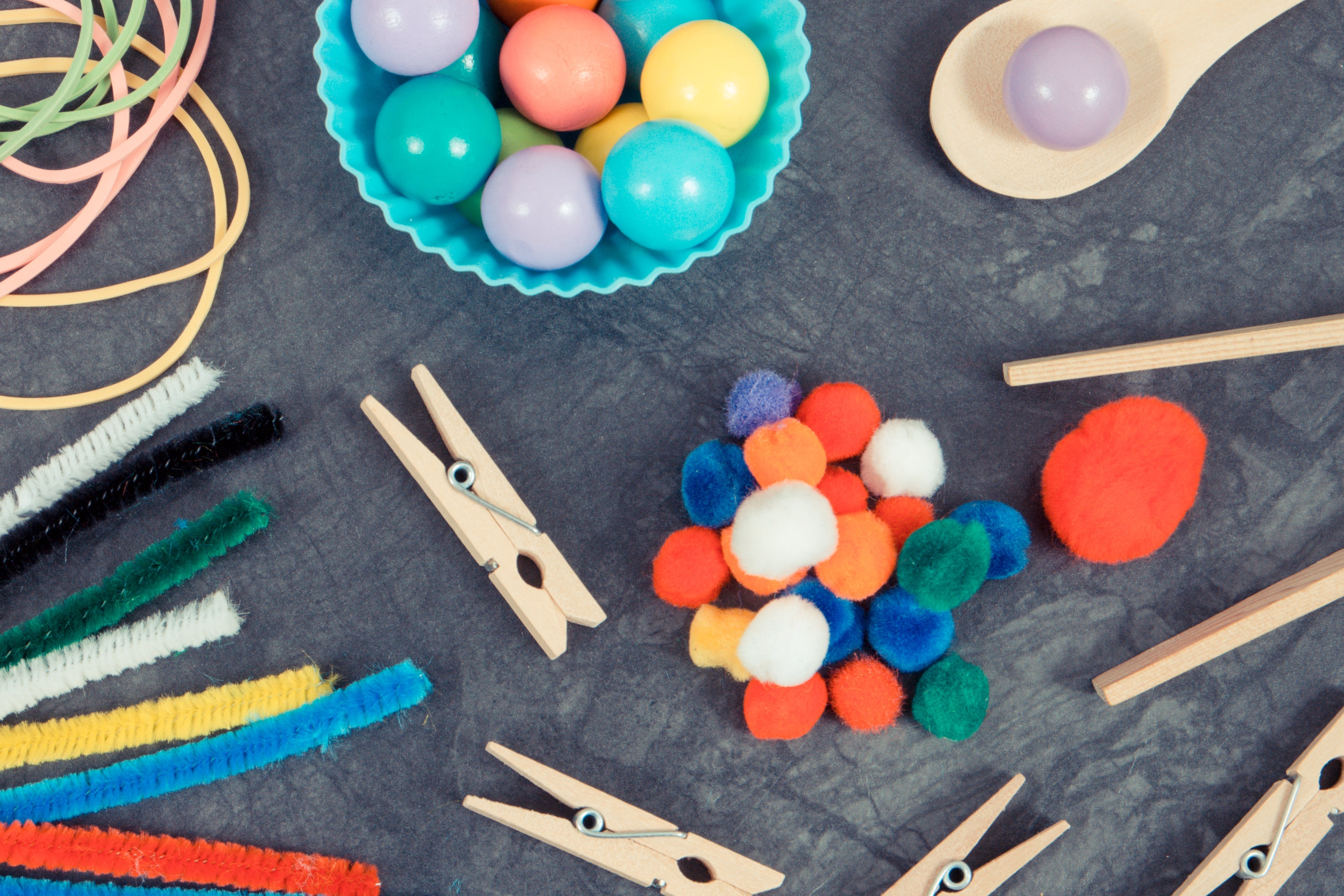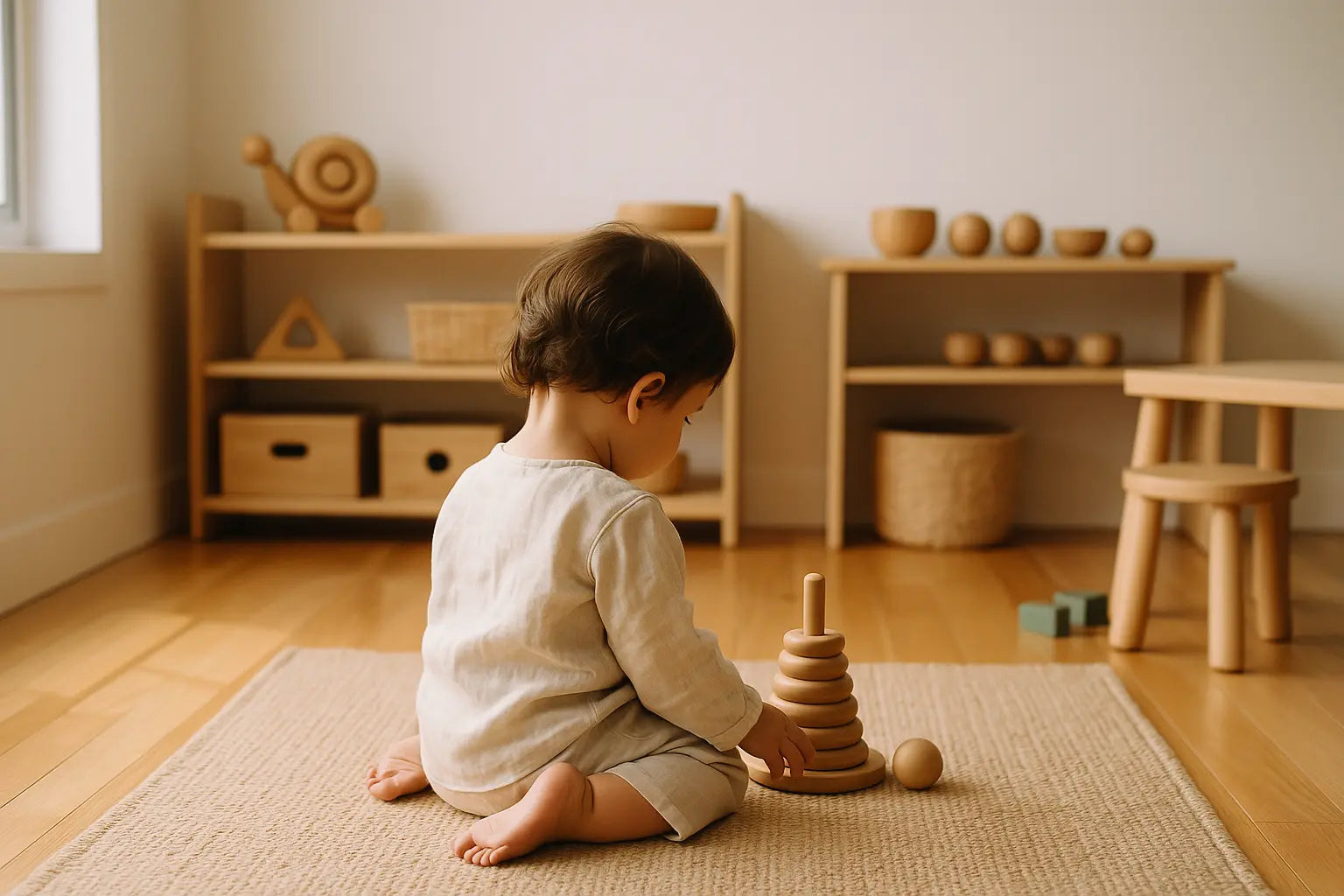Fine motor skills involve the coordination of small muscles in the hands and fingers, essential for performing everyday tasks such as writing, buttoning clothes, and using utensils. Play is a powerful tool in developing these skills in young children. This article explores the importance of fine motor skills, how play can enhance their development, and practical tips for encouraging fine motor skill growth through toys and activities.
Understanding Fine Motor Skills and Their Importance
-
Foundation for Daily Activities
- Fine motor skills are crucial for tasks like eating, dressing, and grooming. Developing these skills helps children become more independent in their daily routines.
-
Academic Readiness
- Strong fine motor skills are essential for academic tasks such as writing, drawing, and cutting with scissors. These skills are foundational for success in school.
-
Hand-Eye Coordination
- Fine motor activities improve hand-eye coordination, allowing children to perform precise movements based on visual input.
-
Cognitive Development
- Engaging in activities that develop fine motor skills also enhances cognitive abilities, such as problem-solving, concentration, and memory.
Toys and Games That Help Develop Fine Motor Skills
-
Building Blocks and Construction Toys
- Toddlers Wooden Stones™: These blocks encourage stacking, balancing, and creating structures, enhancing dexterity and coordination.
-
Sorting and Matching Games
- Wooden Peg Board Beads Game™: Sorting and placing beads on pegs require precision and control, which develop fine motor skills and hand-eye coordination.
-
Arts and Crafts
- Toddlers Frame™: Activities like drawing, painting, and cutting help refine hand movements and improve grip strength and coordination.
-
Interactive Sensory Toys
- Montessori Sensory Book™: Features different textures, flaps, and interactive elements that engage children’s hands and fingers, promoting fine motor development.
-
Imaginative Play Sets
- Toddlers Chef Set™: Involves activities such as stirring, pouring, and cutting, which develop fine motor skills through imaginative play.
Practical Tips for Encouraging Fine Motor Skill Development
-
Incorporate Fine Motor Activities into Daily Routines
- Encourage your child to help with simple household tasks such as setting the table, folding laundry, or cooking. These activities require the use of fine motor skills.
-
Provide a Variety of Materials
- Offer a range of materials such as playdough, clay, beads, and buttons. Manipulating these different textures and sizes can help improve dexterity and strength.
-
Create Fun Challenges
- Set up small challenges like picking up objects with tweezers, threading beads onto a string, or completing puzzles. These activities can make practicing fine motor skills fun and engaging.
-
Use Everyday Objects
- Items like clothespins, rubber bands, and kitchen utensils can be used for creative fine motor activities. For example, use clothespins to pick up small objects or rubber bands to create shapes on a pegboard.
-
Encourage Art and Craft Activities
- Provide opportunities for drawing, painting, cutting, and gluing. These activities not only enhance fine motor skills but also promote creativity and self-expression.
Long-Term Benefits of Strong Fine Motor Skills
-
Increased Independence
- Children with well-developed fine motor skills can perform daily tasks more independently, boosting their confidence and self-esteem.
-
Improved Academic Performance
- Strong fine motor skills are linked to better handwriting, drawing, and overall academic performance, as children can complete school tasks more efficiently.
-
Enhanced Cognitive Abilities
- Activities that develop fine motor skills also stimulate cognitive growth, leading to improved problem-solving skills, concentration, and memory.
-
Better Coordination and Control
- Fine motor activities improve hand-eye coordination and control, essential for sports and other physical activities.
Conclusion
Fine motor skills are crucial for a child’s overall development, impacting their ability to perform everyday tasks, succeed academically, and engage in physical activities. By incorporating toys and activities that promote fine motor skill development into your child’s playtime, you can support their growth in a fun and engaging way.
Stay tuned for the next article in our series, where we will provide a gift guide with educational toys for every occasion!





Leave a comment
This site is protected by hCaptcha and the hCaptcha Privacy Policy and Terms of Service apply.